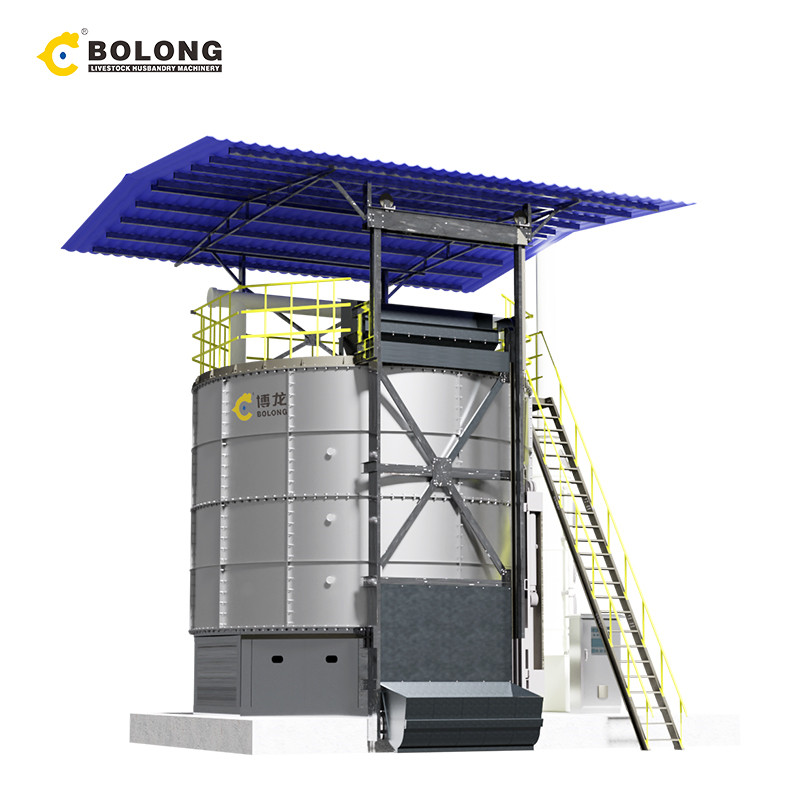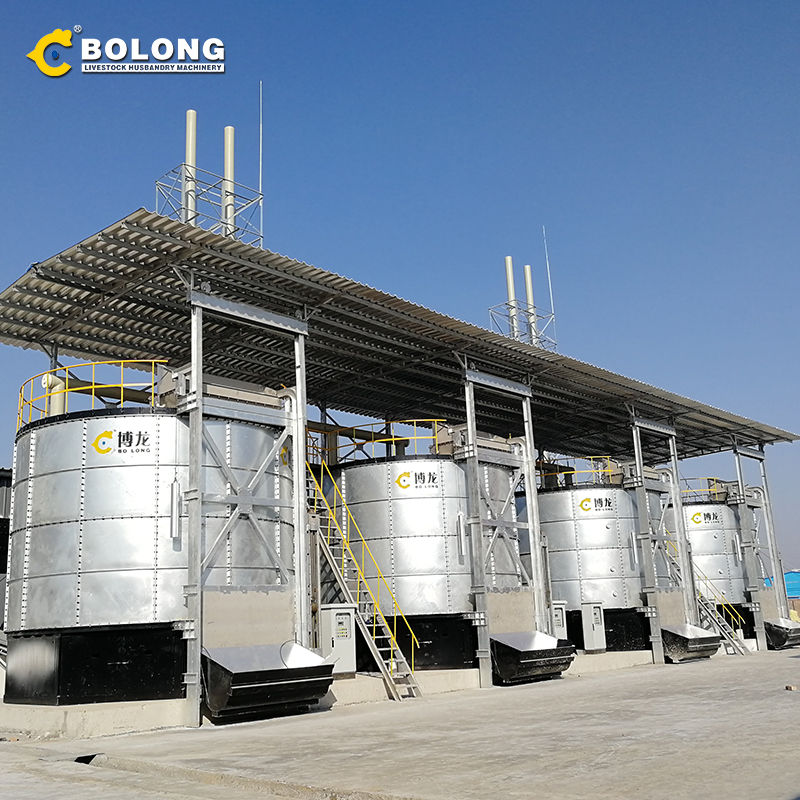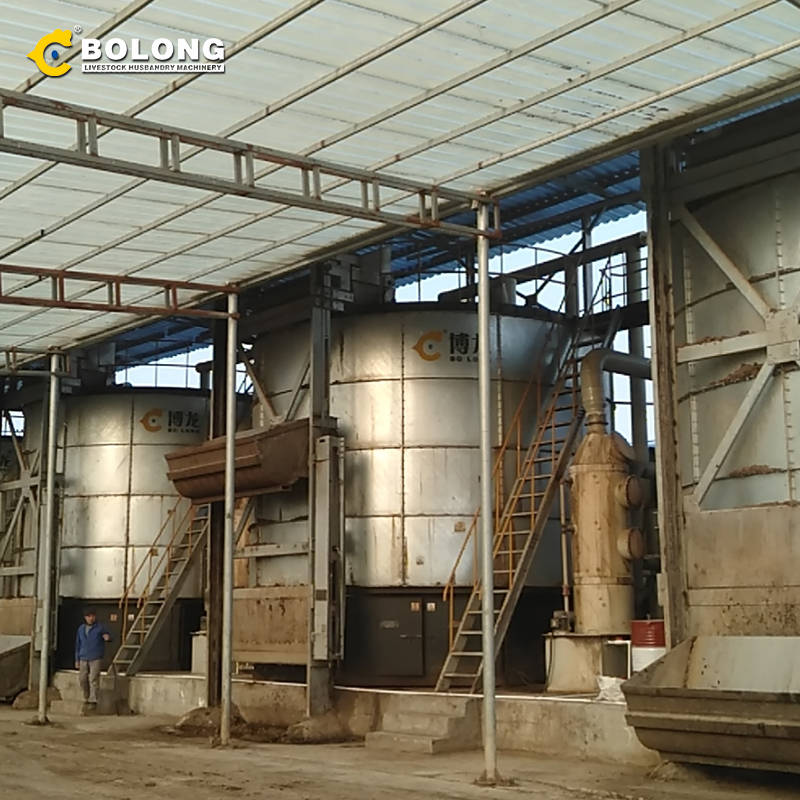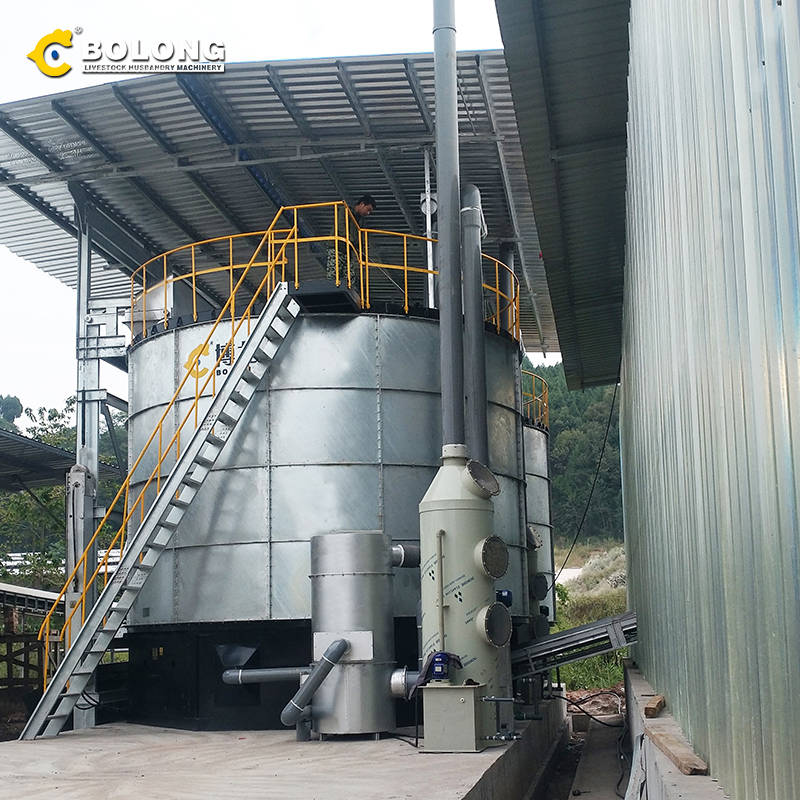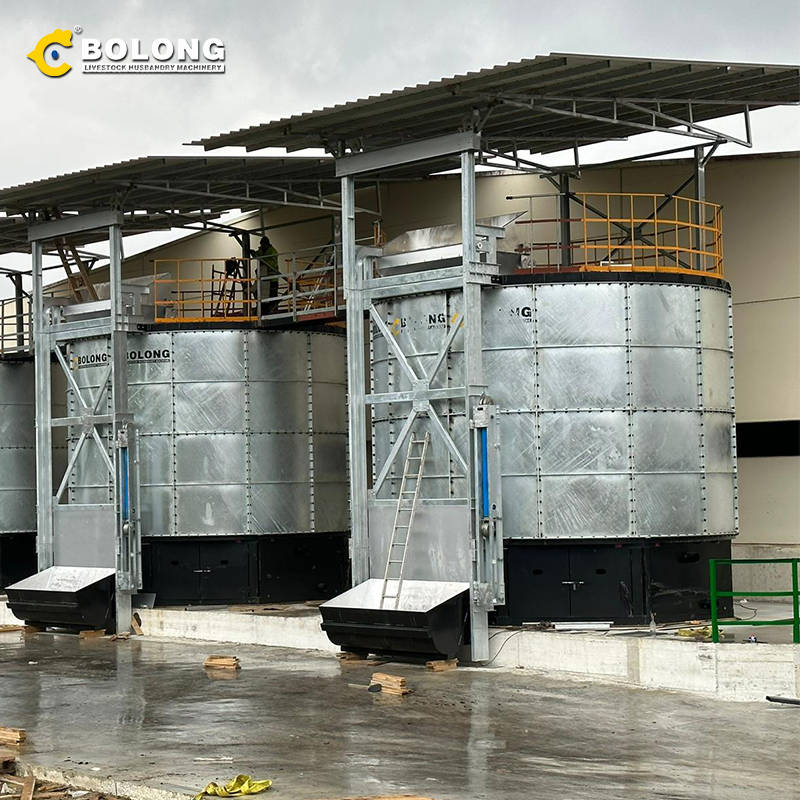The materials could be composted in composting machines
High-temperature aerobic composting machines are equipment that decompose organic matter through high-temperature microorganisms. They treat a variety of organic wastes in an efficient, environmentally friendly and resource-based manner and are widely used in the fields of industry, aquaculture, planting and domestic waste treatment. Their core advantage is that they can quickly decompose waste and convert it into resource-based products, reducing environmental pollution and waste accumulatio...
